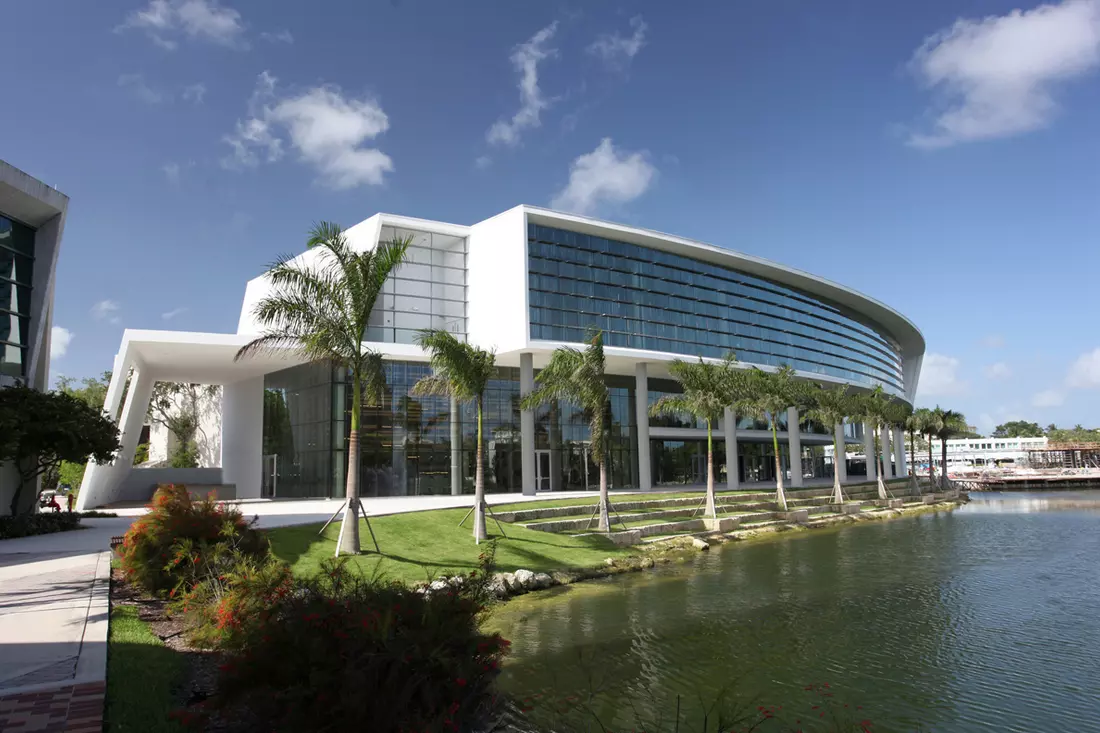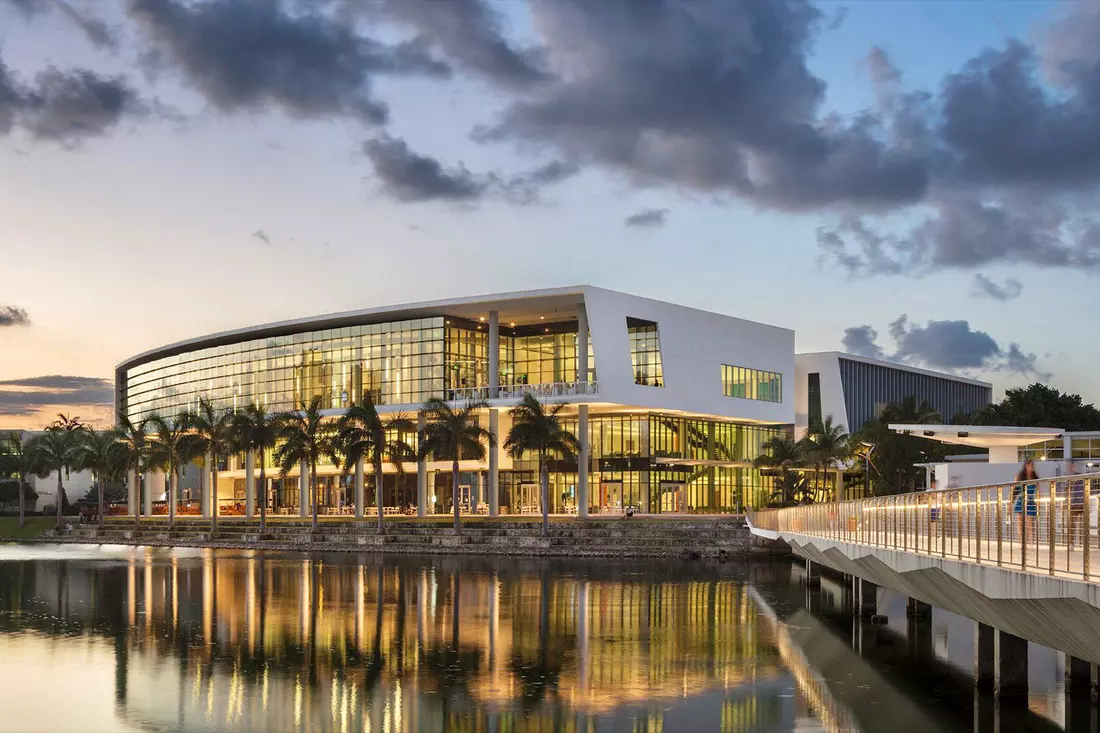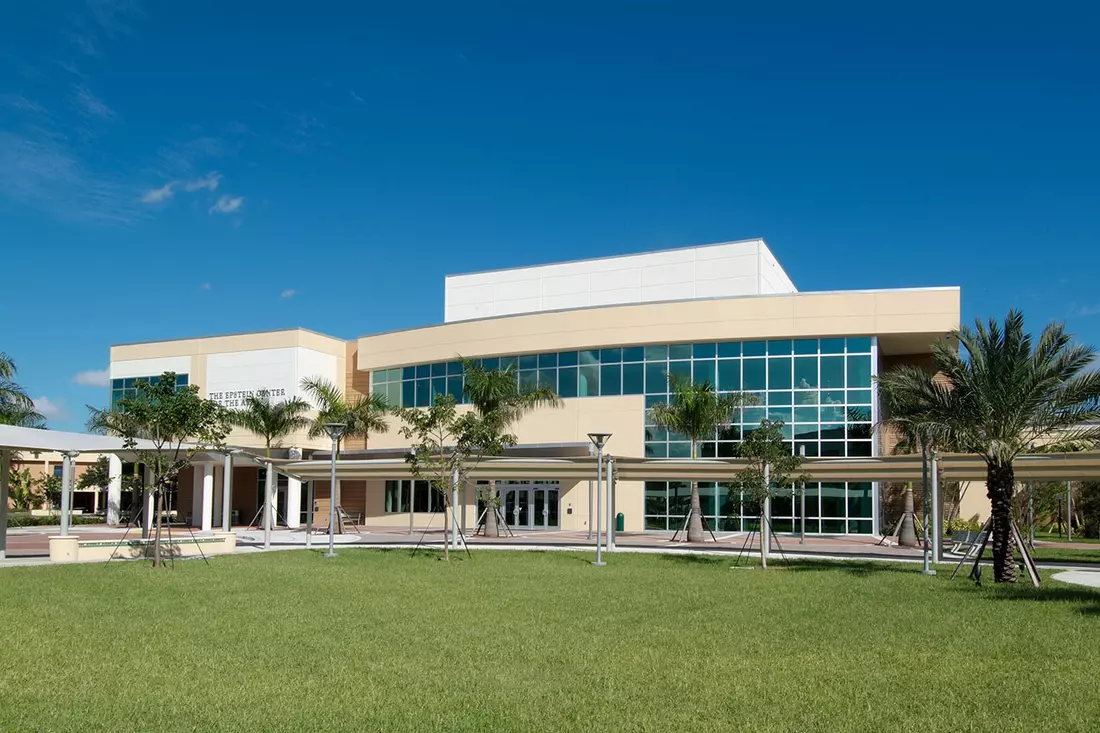The Ivy League has long been associated with prestige, a high standard of education, and deep-rooted academic traditions. These eight universities in the United States are not merely strong academically — they have become a symbol of elite education, a place where future leaders, scientists, and entrepreneurs are shaped. Many dream of getting in, but few truly understand what makes the Ivy League so special. This article offers a straightforward and concise explanation of these universities, their distinguishing characteristics, and the admissions process.
What is the Ivy League?
The Ivy League is an informal association of eight private universities in the northeastern United States, renowned for their high academic standards, selective admissions processes, and influence in the worlds of science, business, and politics. While often perceived today as synonymous with elite education, it originated as an athletic conference.
The term "Ivy League" first appeared in the 1930s and was officially solidified in 1954 when the universities formed an athletic conference. The word "ivy" relates to the tradition of ivy climbing the walls of the campuses — a symbol of antiquity and academic distinction. However, over the years, this name has extended far beyond the realm of sports.
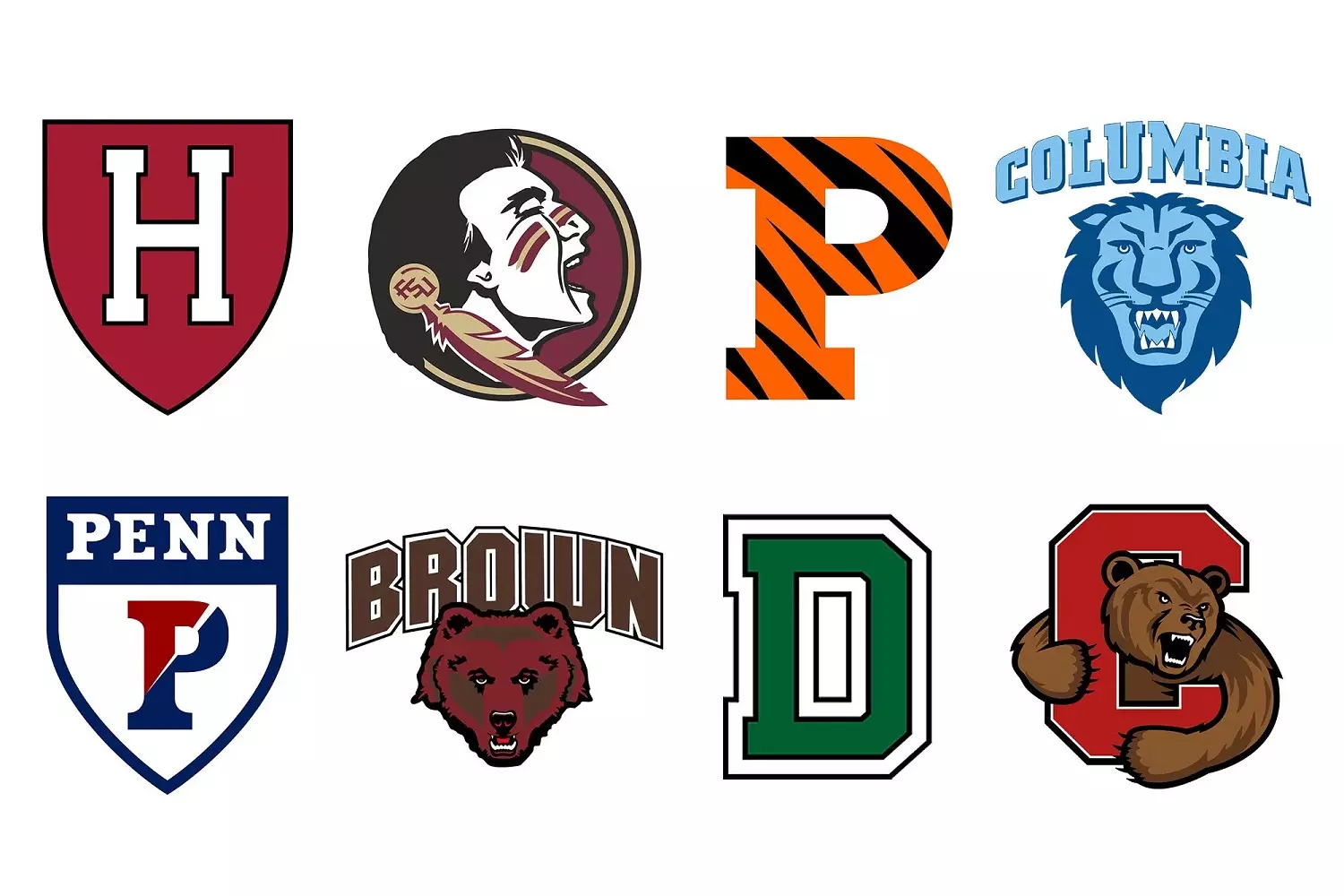
Today, the Ivy League is most often understood not as an athletic competition, but as a group of educational institutions that:
- Possess strong academic programs.
- Hold high positions in rankings.
- Have enormous financial endowments.
- Admit only the most prepared and motivated students.
These universities form a powerful intellectual and business elite in the country. They influence politics, economics, and culture not only in the United States but worldwide.
The Ivy League is not just about prestige; it represents a specific philosophy of education. Critical thinking, initiative, intellectual flexibility, and the ability to think outside the box are highly valued here. This is precisely why competition for a place in one of these universities is always incredibly fierce.
Which Universities Comprise the Ivy League?
The Ivy League consists of eight universities, each unique in its own way. Despite their shared academic focus and prestige, each institution has its own atmosphere, history, and strengths.
- 01.Harvard University
Located in Cambridge, Massachusetts. Founded in 1636, it is the oldest university in the United States. Known for its strong programs in law, medicine, business, and the humanities. Harvard is a symbol of the intellectual elite. - 02.Yale University
Located in New Haven, Connecticut. Founded in 1701. Particularly famous for its drama school and law school. Education at Yale has always been associated with the development of leadership, aesthetic taste, and oratory skills. - 03.Princeton University
Located in Princeton, New Jersey. The university emphasizes fundamental sciences and research work. Teaching here is primarily based on individual work with students. - 04.Columbia University
Located in New York City. One of the leading research centers in the United States with a vast library and research programs. It is also responsible for awarding the Pulitzer Prize. - 05.University of Pennsylvania
Located in Philadelphia, Pennsylvania. Known as the birthplace of the first business school in the world — the Wharton School. The university combines theoretical training with practical skills. - 06.Brown University
Located in Providence, Rhode Island. Distinguished by its unconventional approach to education — there are no mandatory subjects, and students create their own curriculum. The university encourages creativity and freedom of thought. - 07.Dartmouth College
Located in Hanover, New Hampshire. The most "intimate" Ivy League university in terms of student enrollment. Its primary focus is on undergraduate education. Famous for its strong support of student initiatives and a well-developed campus culture. - 08.Cornell University
Located in Ithaca, New York. While part of the Ivy League, it is distinguished by its more democratic spirit. Cornell has both private and state-funded colleges. It combines engineering sciences, agriculture, and humanities.
Each of these educational institutions has left its mark on science, politics, and culture. Together, they create a unique academic space where new ideas and world-class solutions are born.
Helping You Enroll in Prestigious US Universities and Colleges
Common Traits of Ivy League Universities
While Ivy League universities differ in size, culture, and approach to education, they share many common characteristics. It is these similarities that unite them and distinguish them from other universities in the USA and the world.
- Academic Rigor
All Ivy League universities maintain high academic standards. Their curricula are demanding and intensive, and faculty members are often leading experts in their fields. Students are expected not only to absorb material but also to think deeply, argue persuasively, and approach problems creatively. - Scientific and Research Work
Virtually all Ivy League universities actively promote scientific research. They establish cutting-edge laboratories, publish articles in international journals, and launch significant projects. Many students become involved in research activities from their early years of study. - Competitive Selection
Admission to an Ivy League university means navigating a highly selective process. Each institution receives tens of thousands of applications annually and admits only a small percentage of applicants. Not only academic performance but also motivation, extracurricular achievements, leadership qualities, recommendations, and essays are crucial. - Financial Resources
Ivy League universities possess enormous endowments and actively invest in development — from libraries and laboratories to scholarships and student support programs. As a result, many of these institutions provide financial aid to students regardless of their financial background. - Strong Student Communities
Clubs, associations, sports teams, and cultural initiatives are actively developed within Ivy League universities. Student life is rich and diverse. These communities foster connections that often last a lifetime. - Prestige and Influence
Graduates of these institutions frequently hold key positions in politics, business, science, and the arts. The connections made within the Ivy League open numerous opportunities — from internships to career advancement. It serves as a kind of social elevator into circles where important decisions are made.
The Ivy League is more than just a brand. It is a system where academic quality, resources, support, and connections create a unique educational environment. Here, not only knowledge but also a way of thinking, confidence, and the ability to influence the world are cultivated.
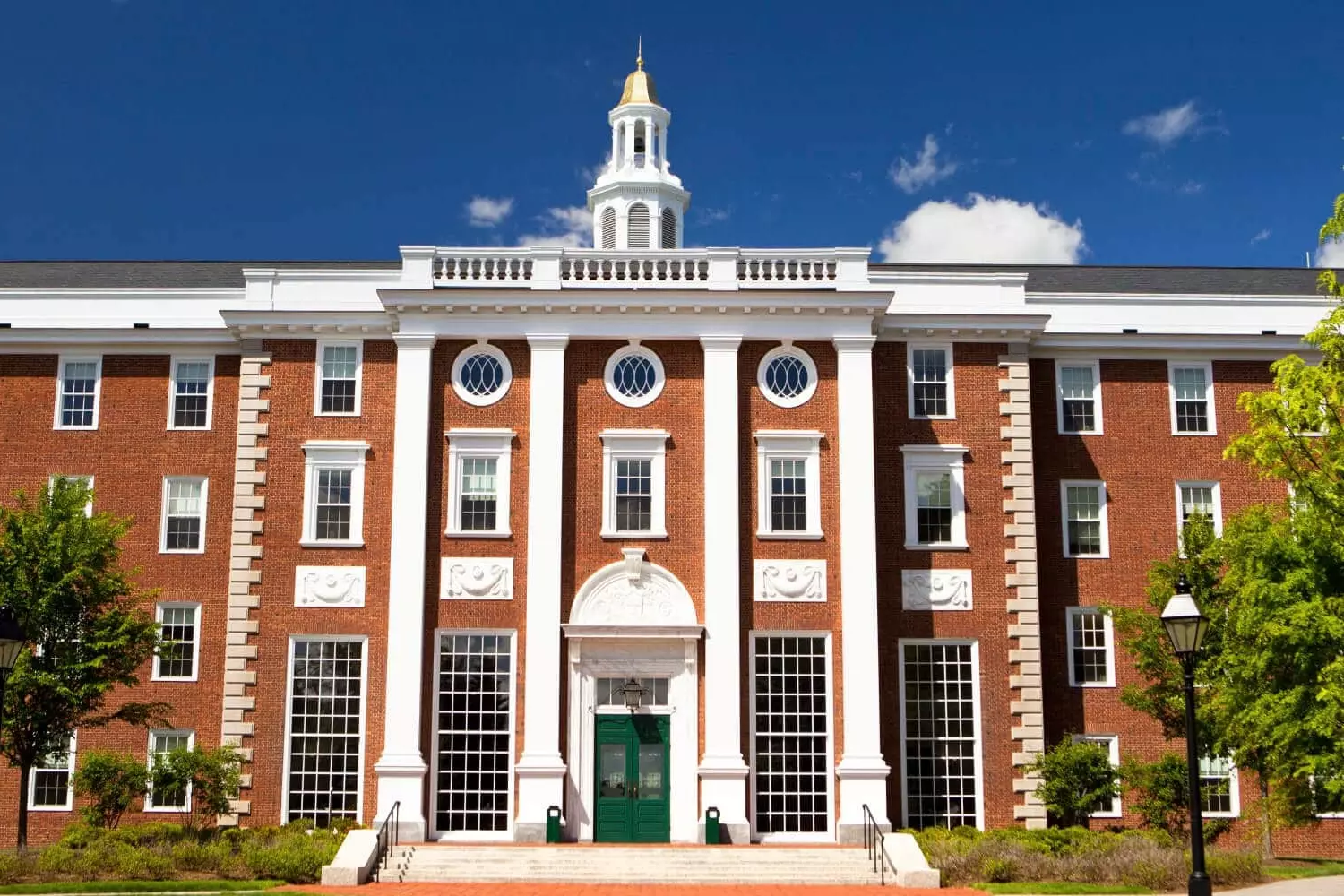
How the Universities Differ from One Another
While all Ivy League universities are considered elite, each possesses its own distinct characteristics. Not only do their programs vary, but so do their atmosphere, values, approach to teaching, and even the type of students they attract. These differences often play a crucial role in the university selection process.
Programs and Academic Priorities
- Harvard emphasizes interdisciplinarity and develops all major fields — from humanities to technology.
- Princeton is known for its fundamental training, particularly in mathematics and physics.
- Yale stands out with strong programs in the arts, history, and political science.
- The University of Pennsylvania is renowned for its business education and applied approach.
- Cornell offers a wide range of programs, including agriculture and hospitality management — unique offerings within the Ivy League.
Size and Structure
- Dartmouth is the smallest in terms of student enrollment and resembles a college more than a large university. There is a strong emphasis on undergraduate education here.
- Columbia, on the other hand, is large and urban, with an intense academic environment and vast resources.
- Brown offers a flexible curriculum where students themselves decide which courses to take.
Campuses and Atmosphere
- Princeton has a classic university atmosphere with well-maintained parks and tranquility.
- Columbia offers life in the heart of New York City, adjacent to the cultural and business capital of the USA.
- Yale and Harvard combine historic architecture with a vibrant academic environment and student traditions.
Approach to Teaching and Culture
- Brown encourages freedom of choice and student independence.
- Princeton and Yale are more oriented towards a deep theoretical foundation.
- The University of Pennsylvania emphasizes the practical application of knowledge.
- Dartmouth is famous for its close relationships between students and faculty.
Each Ivy League university is a distinct world. When applying, it's important to consider not only prestige but also how well a university's approach aligns with personal interests, learning style, and future goals.

How to Get Into the Ivy League
Applying to an Ivy League university is a complex and multi-stage process that requires not only academic preparation but also a thoughtful approach. Competition is immense, but the key is to understand exactly what admissions committees are looking for.
- Academic Performance. This is a fundamental requirement. Candidates must demonstrate excellent results in high school or college, especially in relevant subjects. Grades from the last two years and the level of course difficulty (e.g., AP or IB) are highly significant.
- High Test Scores. Although many universities have now made the SAT and ACT optional, strong scores still provide an advantage. High results in subject-specific tests are particularly valued if they confirm interest and preparation for a future major.
- A Strong Motivational Essay. The essay is your chance to tell your story beyond numbers and facts. Ivy League universities are looking for more than just straight-A students; they seek individuals with character, intellect, and goals. It's crucial to showcase your uniqueness, motivation, and how you will specifically contribute to the university environment.
- Extracurricular Activities. Participation in academic competitions, volunteer projects, school initiatives, sports, music, or startups all play a role. What matters most is not the quantity but the depth of involvement. Universities value initiative and genuine contributions.
- Recommendations. Usually, two recommendations from teachers are required. This is not a formality but a serious part of your application. Reviews should be vivid, personal, and describe not only academic performance but also character, work ethic, and interest in the subject.
- Interviews. Some universities invite applicants for an interview. This can be either online or with a university representative in your city. It's an opportunity to present yourself as an individual and ask questions about the university.
- Financial Aspects. It's important to know that the Ivy League offers generous financial aid programs. Admission decisions are made regardless of family income, and aid is determined based on an analysis of your financial situation.
Getting into the Ivy League requires preparation, time, and a clear understanding of what you want. It's not a lottery — it's a focused effort on each element of your application. The most important thing is to be yourself, rather than trying to please the system.

Why Pursue It and Who Is It For?
An education in the Ivy League is a significant step that is not always necessary for everyone. It offers tremendous opportunities but demands considerable effort, personal maturity, and a clear understanding of goals. Let's examine who should genuinely consider the Ivy League and why.
What Does Studying in the Ivy League Offer?
- High-Quality Education. Programs are designed not just to impart knowledge but to teach you how to think, analyze, ask questions, and find solutions.
- Strong Academic Environment. Students learn from the best professors, surrounded by equally intelligent and motivated peers. This creates a powerful intellectual atmosphere.
- Networks and Connections. Ivy League alumni include presidents, Nobel laureates, and CEOs of companies. By joining this community, you gain access to a vast network of contacts.
- Resources. Laboratories, libraries, mentorship programs, international internships — all of this is open to students.
- Prestige. An Ivy League diploma automatically commands respect anywhere in the world.
Who Is It For?
- Those who are prepared to work hard, are not afraid of high pressure and competition.
- Those who strive for development, seek ambitious goals, and want to enter global scientific, cultural, or business circles.
- Those who want to study in a vibrant, engaging environment with the opportunity to influence what's happening.
- Those who are not afraid to step outside their comfort zone and take on serious challenges.
Who Should Not Strive for the Ivy League Solely for "Prestige"?
If you are only attracted by the prestigious name but lack genuine interest in your chosen program, burnout can occur very quickly. Studying at these universities requires complete dedication. It's not a place where you can "wait out" life plans. Here, you need a clear understanding of why you are going and what you want to achieve.
The Ivy League is not just a beautiful campus and a brand on a resume. It's a path that demands maturity, awareness, and a willingness to work. For those who genuinely aspire to it, it provides a powerful foundation and the opportunity to reach a different level.
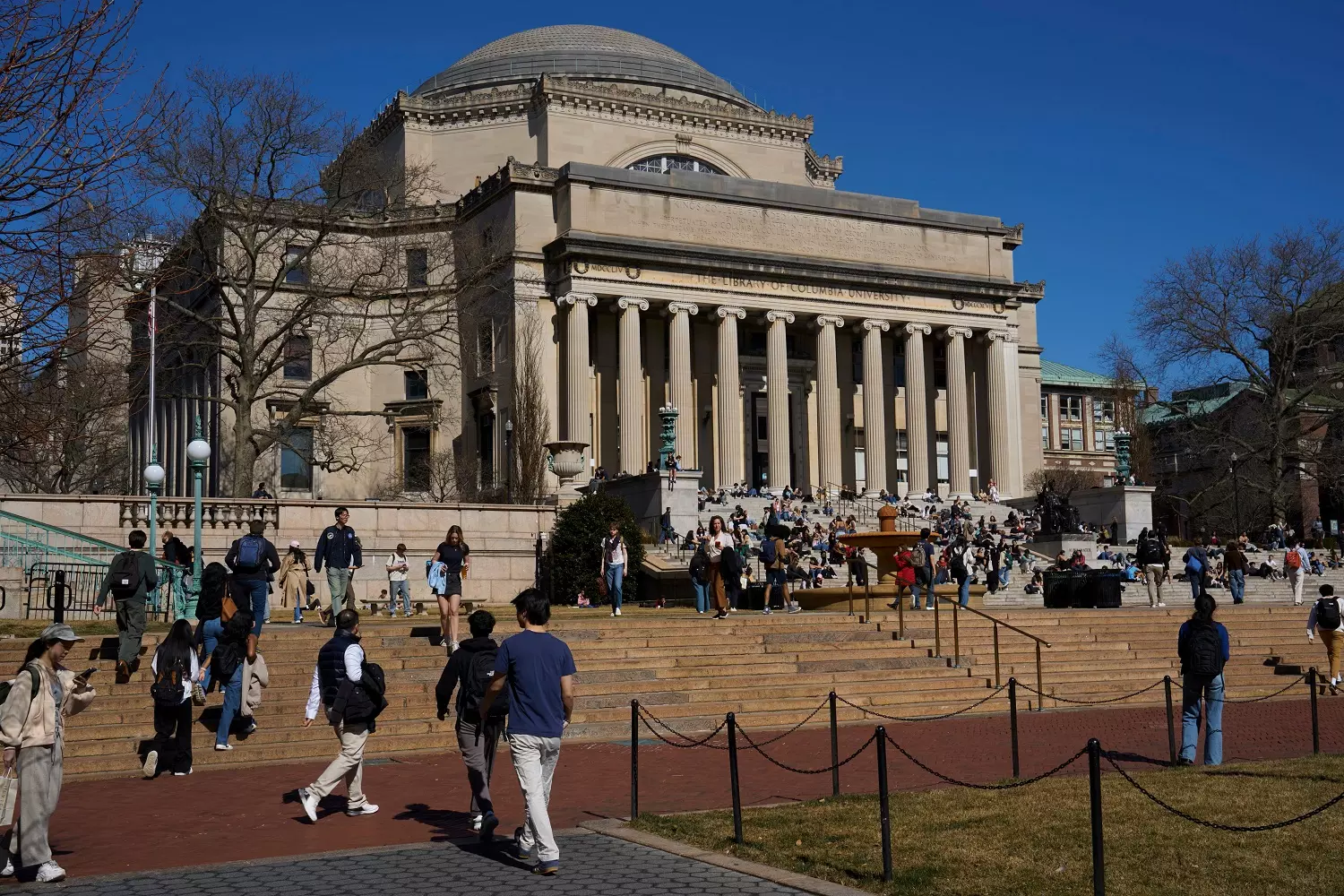
The Ivy League is more than just an association of prestigious universities. It's an entire educational culture where intellect, ambition, and the desire to change the world are valued. Studying at one of these institutions is not just a goal but an important step in building your future.
But the most important thing is to understand why you want to go there. Prestige alone does not yield results. The real value of the Ivy League lies in the opportunities it opens up for those who are ready to take advantage of them.
If you or your children are considering education abroad — especially in the Ivy League — it's crucial to approach it thoughtfully and well in advance.














